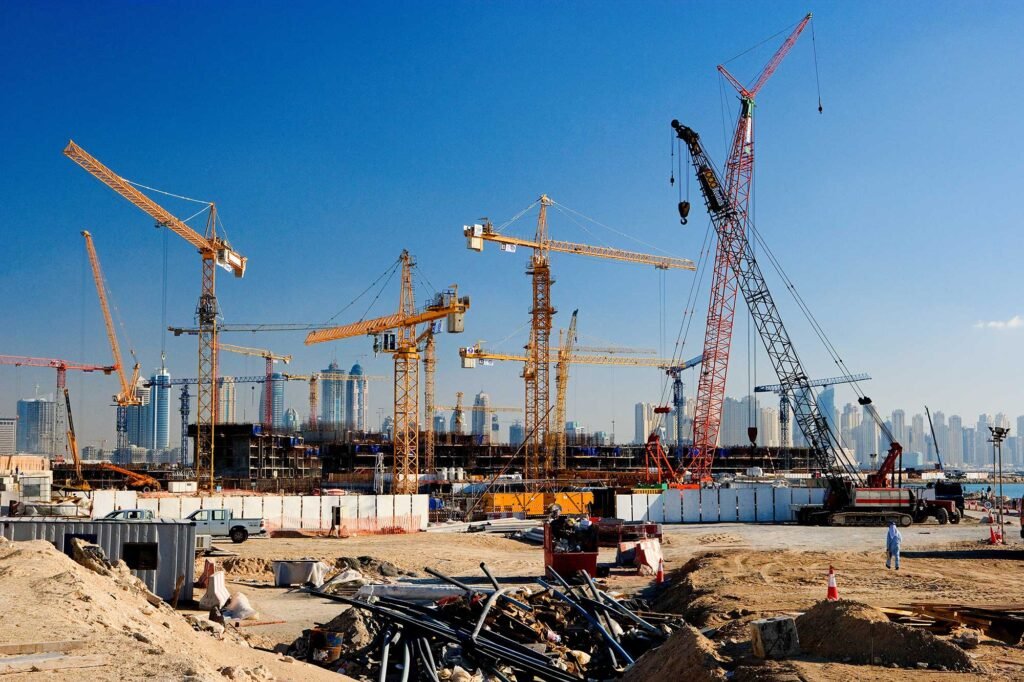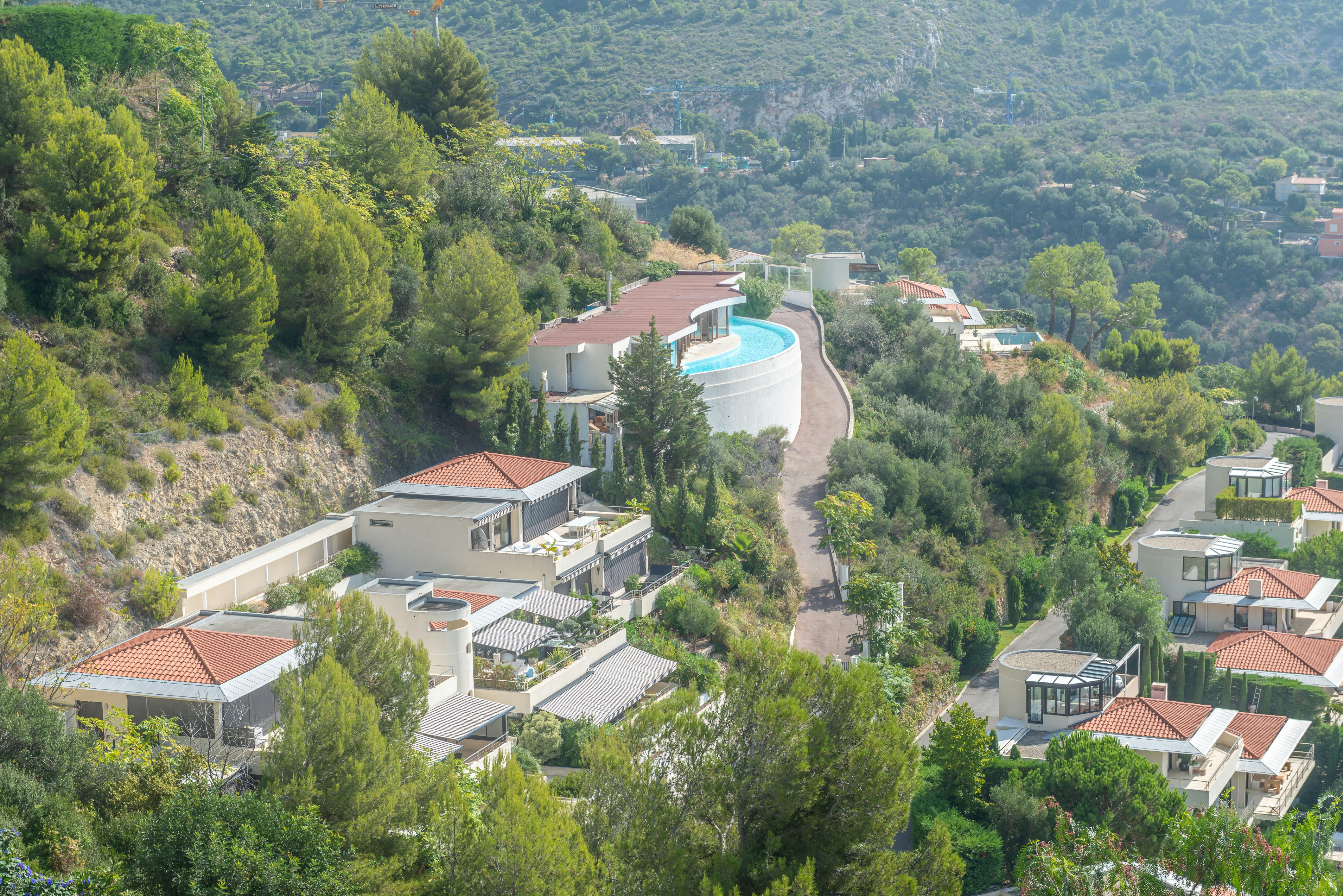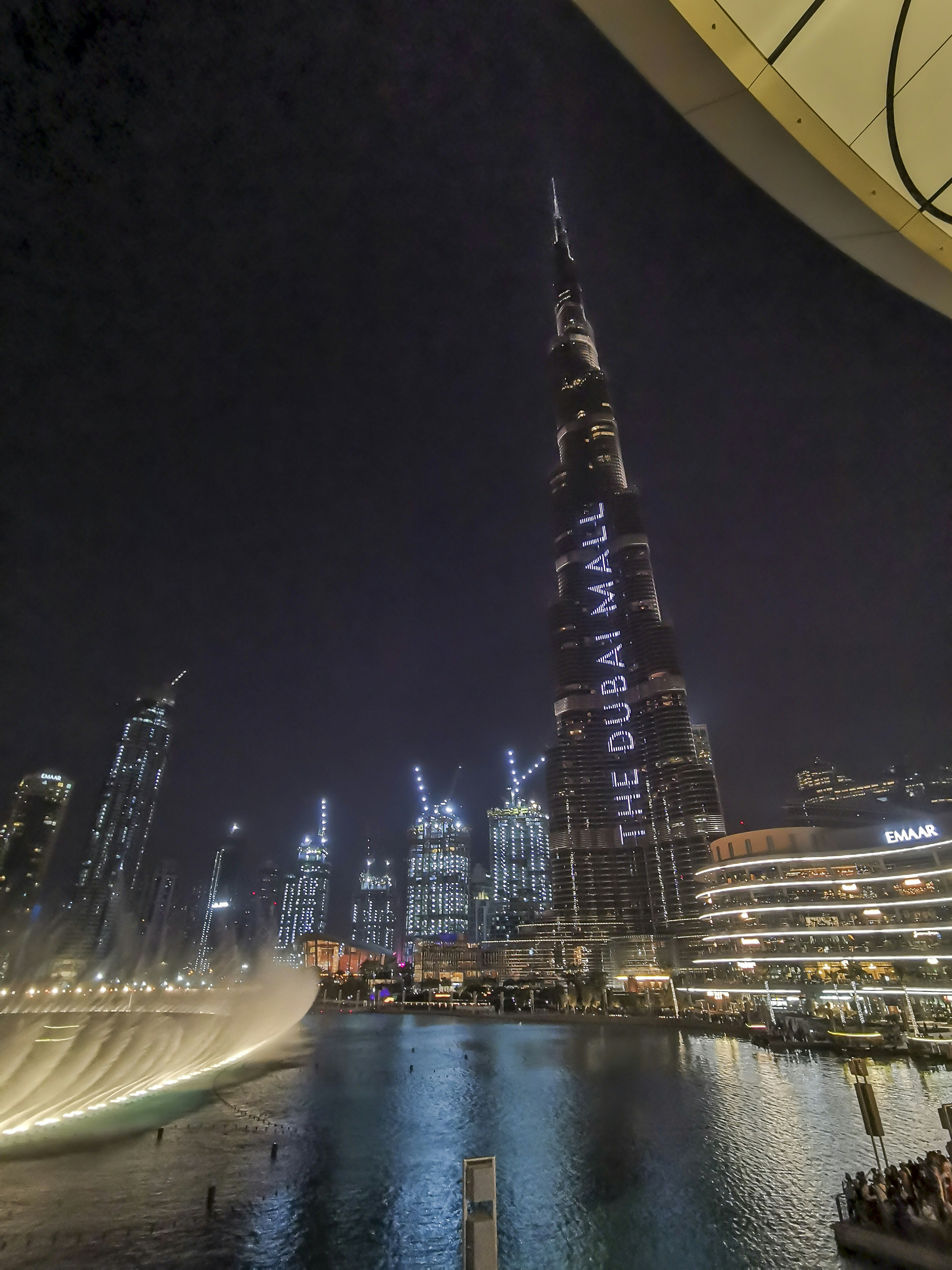
Ongoing infrastructure projects in Saudi Arabia highlight the Kingdom’s efforts to modernize and support rapid economic growth.
Saudi Arabia is undergoing a major transformation, investing heavily in various sectors to diversify its economy and reduce reliance on oil revenues. Despite substantial spending, the nation faces challenges in modernizing its infrastructure to keep pace with rapid economic expansion.
Economic Expansion and Infrastructure Demand
The Kingdom’s Vision 2030 initiative aims to position Saudi Arabia as a global economic hub. This ambitious plan includes investments in tourism, entertainment, and technology. As a result, modern infrastructure is critical to support these sectors, but existing systems often struggle to meet rising demand, creating bottlenecks and inefficiencies.
Challenges in Infrastructure Development
Several factors contribute to the lag in infrastructure modernization:
- Bureaucratic Hurdles: Complex regulatory processes can delay project approvals and execution.
- Skilled Labor Shortages: Limited local expertise in advanced construction techniques affects project delivery.
- Supply Chain Issues: Disruptions in global supply chains can slow the arrival of essential materials and equipment.
Strategic Initiatives for Improvement
To overcome these challenges, Saudi Arabia is implementing key initiatives:
- Public-Private Partnerships (PPPs): Encouraging collaboration between the government and private sector to speed up project completion.
- Investment in Education and Training: Building local talent to reduce reliance on foreign labor and increase efficiency.
- Technological Integration: Using advanced technologies such as Building Information Modeling (BIM) and smart city solutions to enhance planning and execution.
Source:
- According to CNBC, Saudi Arabia is investing heavily in infrastructure but still faces significant challenges in modernizing its systems to keep pace with economic growth.






